
 Flash News
Flash News
Gunfire in Durres, a 30-year-old man is injured
Accident on Arbri Street, car goes off the road, two injured
Arrests of "Bankers Petrolium", Prosecution provides details: Exported and sold 532 billion lek of oil, caused millions of euros in damage to the state
Ndahet nga jeta tragjikisht në moshën 28-vjeçare ylli i Liverpool, Diogo Jota
Posta e mëngjesit/ Me 2 rreshta: Çfarë pati rëndësi dje në Shqipëri
A profile of the 'Rama 3' Government and the role of the opposition in it
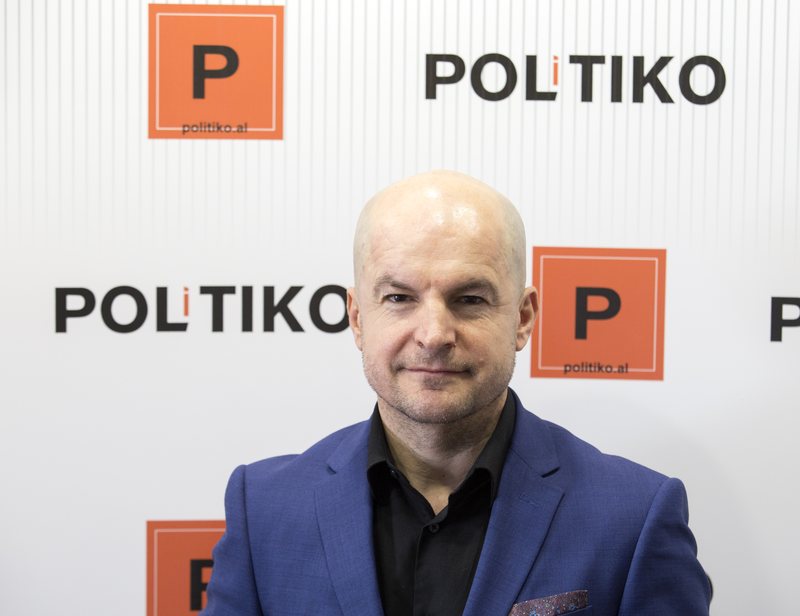
Alfred Lela
The Prime Minister has given some signals, in the speech held recently in the presence of his ministers, who will continue and who will be 'beheaded'. Belinda Balluku seems to be confident in the coveted task of the superministry she leads, but Rama may surprise her in the finals. The idea to split the Ministry of Energy and Infrastructure, and to give one arm to the current director of OSHEE Ardian Çela, is not unknown to the PM. Not a very easy thing, since only as an idea has it aroused clashes above and on the side of this department that is the lioness of the ministries, in terms of budget, tenders, offers, and favors.
An exit for Çela could be his candidacy in Durrës as the coastal city is run by an appointed mayor.
However, it seems that Balluku will get a lot even if she is left with half. There seem to be two other fortunate women in government: Olta Xhaçka and Ogerta Manastirliu. The first is needed so as not to break an already comfortable and well-built line with the Americans, especially in light of the arrival of the Afghans, while the second, because at least according to its boss, the pandemic has been properly managed.
This, in fact, doesn't deviate from the truth, if only for the fact that Albania is among the countries with a respectable rate of vaccination of the population and has enjoyed relative freedom compared to many other countries, in the region of Europe. All unaccompanied by alarming death figures.
Another minister does not seem to have any reason to be removed. Arben Ahmetaj runs a key ministry like that of Reconstruction. There is no reason why Rama should change horses in the middle of the road in this case.
The others are almost all canceled on the PM plans. Or, to use an expression of Rama 'will be sitting on a wide bench of reserves.
But what will the rest of the government look like? The probabilities may be of a surprising nature. So new names; or without strong political ties to the Socialist Party and the base, or experimental. Of the latter nature, although not impressive in other cases, Rama will issue two or three names as brushes to soothe once again the desire of treating the government as a painting of his own. It remains to be seen which Kosovar will entrust with a post in his government. If nothing else, he will use one to irritate his Pristina counterpart, Albin Kurti.
What remains to be seen, however, is the silhouette of an expected collaboration, when Rama announces the new government: the policy of appeasement of the opposition. The SP chief will not form an explicit government alliance with Basha, but he can elect some 'technical' ministers. Which do not belong to the SP or the DP, but to whom the latter may have access, or will be allowed access?
This, together with possible appointments at the head of super directorates, such as OSHEE, for example, of people who are or are seen as 'Basha's connections', is the only way Rama will cooperate with the opposition. Thus he continues the operation of political-economic elimination of Meta and SMI and, at the same time lubricates the finances of Basha and DP. The latter, left at the mercy of the long winter famine of three terms in opposition will be louder, more figurative, more denouncing, and more irritating or dangerous. Rama is looking for a third term in which he can do some good work. For this, he needs an opposition that shows its teeth but does not bite.
To ensure this Rama is willing to pay the 'dinners' and veneer expenses.
Latest news






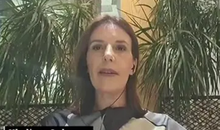

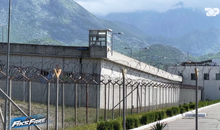

Greece imposes fee to visit Santorini, how many euros tourists must pay
2025-07-03 20:50:37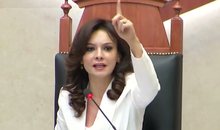
Don't make fun of the highlanders, Elisa!
2025-07-03 20:43:43
Gunfire in Durres, a 30-year-old man is injured
2025-07-03 20:30:52

The recount in Fier cast doubt on the integrity of the vote
2025-07-03 20:09:03
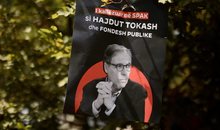

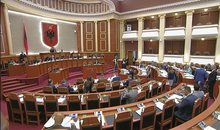

Heatwave has left at least 9 dead this week in Europe
2025-07-03 19:00:01

Oil exploitation, Bankers accused of 20-year fraud scheme
2025-07-03 18:33:52
Three drinks that make you sweat less in the summer
2025-07-03 18:19:35
What we know so far about the deaths of Diogo Jota and his brother André Silva
2025-07-03 18:01:56



Another heat wave is expected to grip Europe
2025-07-03 17:10:58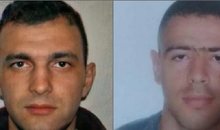

Accident on Arbri Street, car goes off the road, two injured
2025-07-03 16:45:27

Accused of two murders, England says "NO" to Ilirjan Zeqaj's extradition
2025-07-03 16:25:05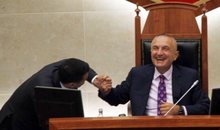
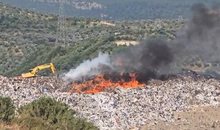
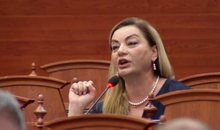


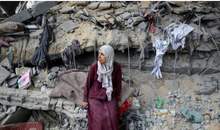
Gaza rescue teams: Israeli forces killed 25 people, 12 in shelters
2025-07-03 15:08:43
Diddy's trial ends, producer denied bail
2025-07-03 15:02:41

Agricultural production costs are rising rapidly, 4.8% in 2024
2025-07-03 14:55:13
Warning signs of poor blood circulation
2025-07-03 14:49:47
Croatia recommends its citizens not to travel to Serbia
2025-07-03 14:31:19
Berisha: Albania is the blackest stain in Europe for the export of emigrants
2025-07-03 14:20:19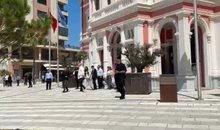

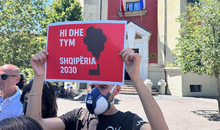
'Ministry of Smoke': Activists Blame Government for Wasteland Fires
2025-07-03 13:59:09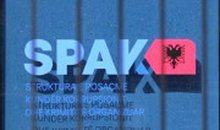

AFF message of condolences for the tragic loss of Diogo Jota and his brother
2025-07-03 13:41:36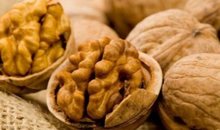
Five healthy foods you should add to your diet
2025-07-03 13:30:19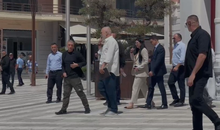
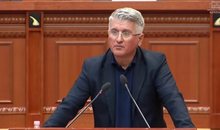

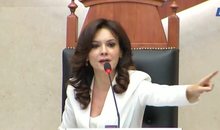
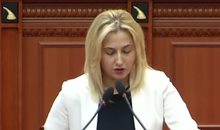


A unique summer season, full of rhythm and rewards for Credins bank customers!
2025-07-03 12:12:20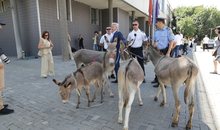

Fire situation in the country, 29 fires reported in 24 hours
2025-07-03 12:00:04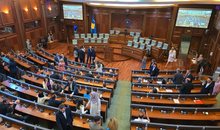
The constitution of the Kosovo Assembly fails for the 41st time
2025-07-03 11:59:57
The gendering of politics
2025-07-03 11:48:36
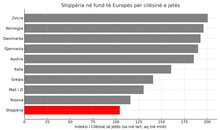
The price we pay after the "elections"
2025-07-03 11:25:39
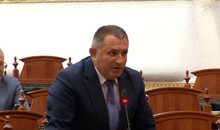
Xhafa: The fire at the Elbasan landfill was deliberately lit to destroy evidence
2025-07-03 11:08:43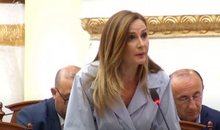

The 3 zodiac signs that will have financial growth during July
2025-07-03 10:48:01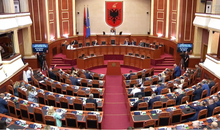
Democratic MP talks about the incinerator, Spiropali turns off her microphone
2025-07-03 10:39:24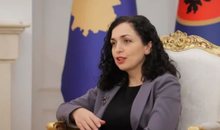

Ndahet nga jeta tragjikisht në moshën 28-vjeçare ylli i Liverpool, Diogo Jota
2025-07-03 10:21:03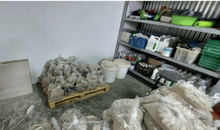
Cocaine trafficking network in Greece, including Albanians, uncovered
2025-07-03 10:10:12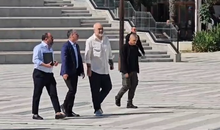
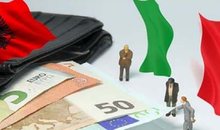
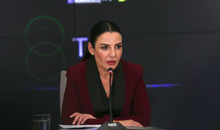
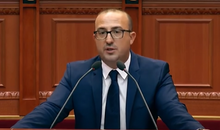
Korreshi: Election manipulation began long before the voting date
2025-07-03 09:39:13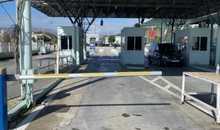
Arrest of Greek customs officer 'paralyzes' vehicle traffic at Qafë Botë
2025-07-03 09:28:41
After Tirana and Fier, the boxes are opened in Durrës today
2025-07-03 09:21:10
Enea Mihaj transfers to the USA, will play as an opponent of Messi and Uzun
2025-07-03 09:10:04

Foreign exchange, the rate at which foreign currencies are sold and bought
2025-07-03 08:53:50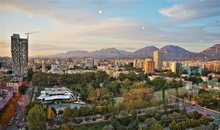
Index, Albania has the worst quality of life in Europe
2025-07-03 08:48:10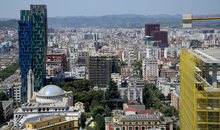
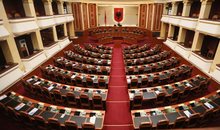

Horoscope, what do the stars have in store for you today?
2025-07-03 08:17:05
Clear weather and high temperatures, here's the forecast for this Thursday
2025-07-03 08:00:37
Posta e mëngjesit/ Me 2 rreshta: Çfarë pati rëndësi dje në Shqipëri
2025-07-03 07:46:48



Lufta në Gaza/ Pse Netanyahu do vetëm një armëpushim 60-ditor, jo të përhershëm?
2025-07-02 21:56:08
US suspends some military aid to Ukraine
2025-07-02 21:40:55



Methadone shortage, users return to heroin: We steal to buy it
2025-07-02 20:57:35
Government enters oil market, Rama: New price for consumers
2025-07-02 20:43:30
WHO calls for 50% price hike for tobacco, alcohol and sugary drinks
2025-07-02 20:41:53



